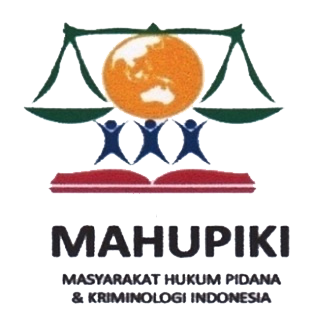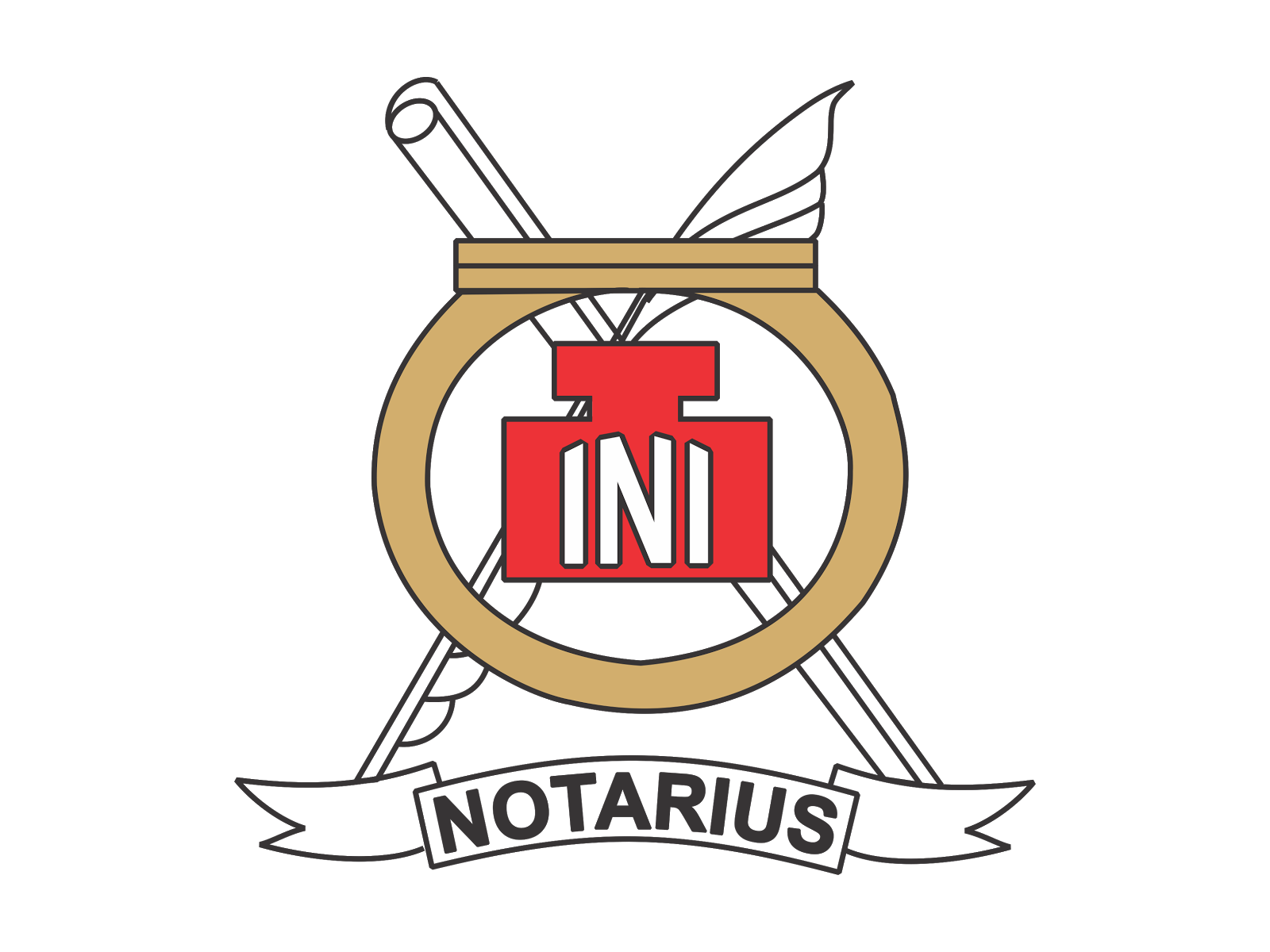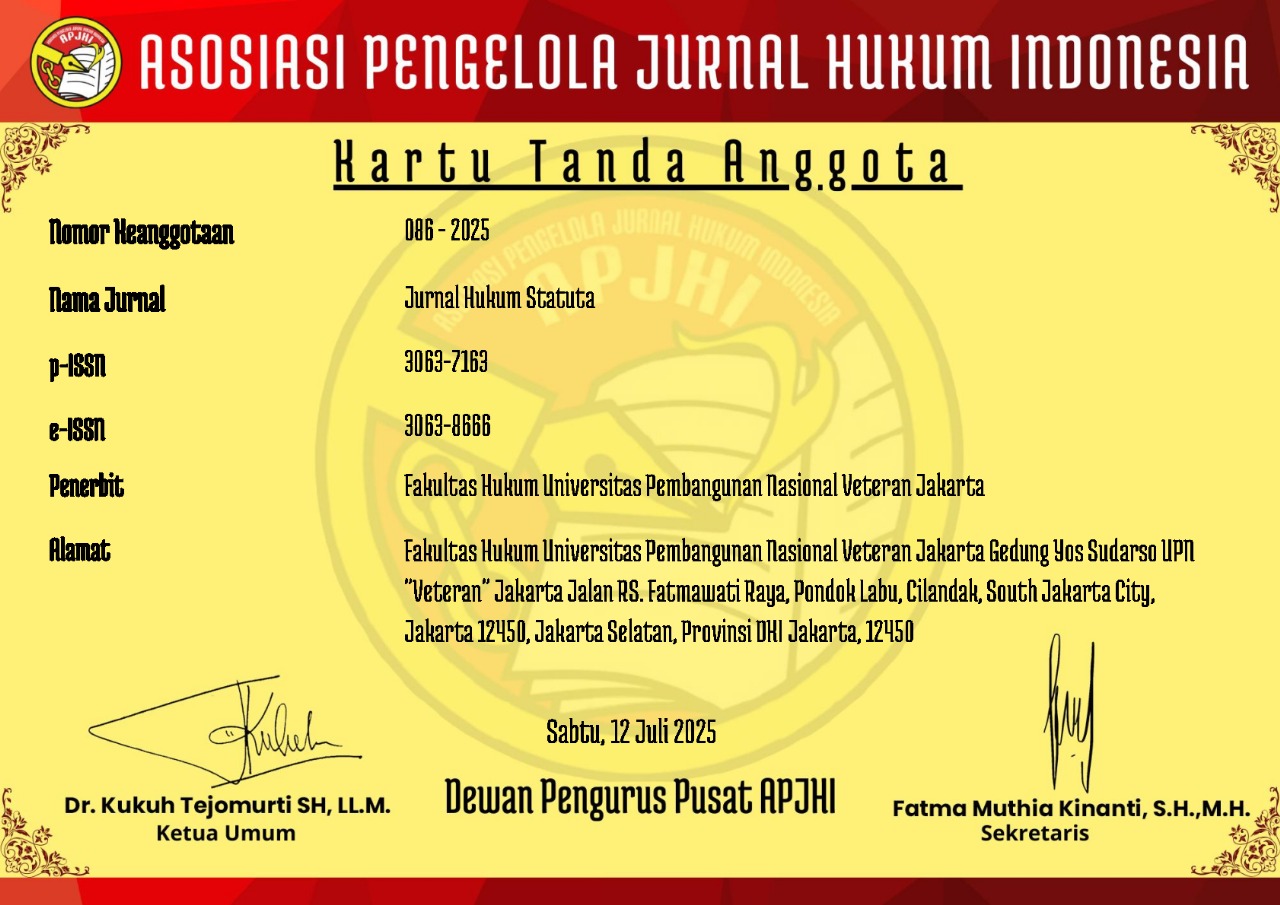PERAN MUI DALAM SERTIFIKASI HALAL PADA MAKANAN BAGI MASYARAKAT MUSLIM
DOI:
https://doi.org/10.35586/jhs.v4i1.9518Kata Kunci:
BPJPH, MUI, HALAL, Perlindungan Hukum, MAKANAN HALAL, HUKUM ISLAMAbstrak
Pada 17 Oktober 2019, pemerintah melalui Badan Penyelenggara Jaminan Produk Halal (BPJPH) resmi mengambil alih pengelolaan sertifikasi halal. BPJPH bertugas melakukan pembinaan, pengawasan, dan menetapkan standar halal. Meski demikian, peran MUI sebagai lembaga yang bertanggung jawab dalam labelisasi halal tetap penting. Seiring perkembangan zaman, muncul banyak bahan makanan yang bersifat haram, diantaranya seperti Angciu, Emulsifier E471, Lecithin, Rhum, LARD, kuas bulu putih, dan alkohol dalam obat-obatan. LPPOM MUI bertanggung jawab dalam mengawasi produk-produk tersebut dan memberikan sertifikat halal sehingga konsumen Muslim dapat mengkonsumsi produk yang aman dan sesuai syariat. Penelitian ini bertujuan untuk menganalisis peran Majelis Ulama Indonesia (MUI) dalam proses sertifikasi halal pada produk makanan bagi masyarakat Muslim di Indonesia. Sertifikasi halal menjadi hal yang sangat penting mengingat mayoritas penduduk Indonesia beragama Islam, dan makanan halal merupakan kebutuhan utama yang harus dipenuhi sesuai dengan syariat Islam. Penelitian ini menggunakan metode kualitatif dengan pendekatan studi kepustakaan. Data diperoleh dari berbagai literatur, dokumen resmi, dan regulasi terkait sertifikasi halal, seperti Undang-Undang No. 33 Tahun 2014 tentang Jaminan Produk Halal, fatwa MUI, dan data dari LPPOM MUI. Hasil penelitian menunjukkan bahwa MUI memegang peran sentral dalam proses penetapan dan pengawasan kehalalan produk makanan, meskipun setelah tahun 2019, sebagian kewenangan sertifikasi halal telah dialihkan kepada Badan Penyelenggara Jaminan Produk Halal (BPJPH). MUI tetap menjadi lembaga yang memiliki wewenang dalam menetapkan fatwa halal dan berkolaborasi dengan BPJPH dalam proses sertifikasi. Selain itu, penelitian ini menemukan bahwa penerapan sertifikasi halal oleh MUI memberikan jaminan kehalalan yang dapat meningkatkan kepercayaan konsumen Muslim terhadap produk yang mereka konsumsi, serta mendukung produsen dalam memenuhi standar halal yang berlaku di Indonesia.
Referensi
Administrator, “Cara Memperoleh Sertifikasi Halal MUI”, https://www.indonesia.go.id/kategori/perdagangan/557/cara-memperoleh-sertifikasi-halal-mui
Aida Mardaitillah, “SertifikasiiHalal Beralih, MUI Persoalkan UU Jaminan Produk Halal” https://www.hukumonline.com/berita/baca/lt5d53e60da9064/sertifikasi-halal-beralih--mui-persoalkan-uu-jaminan-produk-halal/,
Auliya Izzah Hasanah dkk, “KonsepMakanan Halal Dan Thayyib Dalam Perspektif Al-Qur’an”, Ulumul Qur’an: Jurnal IlmuAl-Qur’an dan Tafsir Volume x, Nomor x (September 2021)
Dr Yusuf Qardhawi, Halal Dan Haram Dalam Islam, (Kuala Lumpur: PTS Publishing House, 2016)
Farid Wajdi, S.H., M.Hum., Diana Susanti, “Kebijakan Hukum Produk Halal di Indonesia”, (Jakarta: PT Grafika, 2021)
Fatimah Mutiara Azzahra, “Manfaat Sertifikasi Produk Halal di Indonesia”https://www.kompasiana.com/fatimahmutiaraazzahra/5e526803097f366db6066c52/manfaat-sertifikasi-produk-halal-di-indonesia
Fatimah Nur, “Jaminan Produk Halal Di Indonesia Terhadap Konsumen Muslim, Jurnal Likuid, Volume I Nomor 1 (Januari 2021)
Hayyun Durrotul Faridah, “Sertifikasi Halal Di Indonesia: Sejarah, Perkembangan, Dan Implementasi, ournal of Halal Product and Research Volume 2 Nomor 2 (Desember 2019)
Hayyun Durrotul Faridah, Sertifikasi Halal Di Indonesia: Sejarah, Perkembangan, Dan Implementasi, Journal of Halal Product and Research, Vol. 2 , No. 2, (Desember 2019)
Jonathan Sarwono, “Metode penelitian kuantitatif dan kualitatif”, (Yogyakarta : Graha Ilmu, 2006)
Khalid Syamhudi, “Pengharaman Babi”, https://muslim.or.id/461-babi-haram.html, diakses
Muhammad Anas, Buku Siswa Fikih, Jakarta: Direktorat Jenderal Pendidikan Islam, 2020
Mukhlis, “Tingkat Pemahaman Mahasiswa Fakultas Agama Islam Universitas Muhammadiyah Surakarta Terhadap Sertifikasi Halal Pada Produk Makanan”, Naskah Publikasi, Surakarta, Universitas Muhammadiyah Surakarta, 2013.
Mutia Anggraini, “Makanan Halal dan Haram Dalam Agama Islam, Lengkap dengan Dalil dan Penjelasan Ilmiah”, https://www.merdeka.com/trending/makanan-halal-dan-haram-dalam-agama-islam-lengkap-dengan-dalil-dan-penjelasan-ilmiah-kln.html?page=all, diakses 1 Juni 2021
Pura, Nadiya Ratna, Panji Adam Agus Putra, and Ira Siti Rohmah Maulida. "Analisis Maslahah Mursalah Menurut Imam Al-Ghazali terhadap Peraturan Pemerintah No 36 Tahun 2021 tentang Pengupahan." Bandung Conference Series: Sharia Economic Law. Vol. 2 No. 2 (2022)
Quraish Shihab, Islam yang Saya Pahami, (Ciputat: Lentera Hati, 2019)
Ratna Wijayanti dan Meftahudin, “Kaidah Fiqh dan Ushul Fiqh Tentang Produk Halal, Metode Istinbath dan Ijtihad dalam Menetapkan Hukum Produk Halal”, International Journal Ihya’ ‘Ulum Al-Din. Vol. 20 No. 2 (2018)
Ryu Tri, Mengenal Halal Haram Untuk Anak, Jakarta: Penebar Swadaya Group, 2016
Safrida, “Sertifikat Halal Pada Produk Makanan Dan Minuman Memberi Perlindungan Dan Kepastian Hukum Hak-Hak Konsumen Muslim”, Jurnal Hukum, Vol. 7, No. 2, (Desember 2016)
Samsuddin, “Makanan Halal Dan Thayyib Perspektif Al-Qur’an”, Tugas Book Chapter, Banda Aceh, Universitas Islam Negeri Ar-Raniry
Undang-Undang No. 33 Tahun 2014 tentang Jaminan Produk Halal (UU JPH)
Yudha Winarto, “Mulai 2019 Sertifikasi Halal Dipegang Kemenag, tidak Lagi di MUI”, https://www.tribunnews.com/bisnis/2017/10/14/mulai-2019-sertifikasi-halal-dipegang-kemenag-tidak-lagi-di-mui
Unduhan
Diterbitkan
Cara Mengutip
Terbitan
Bagian
Lisensi

Artikel ini berlisensiCreative Commons Attribution-ShareAlike 4.0 International License.

Ciptaan disebarluaskan di bawah Lisensi Creative Commons Atribusi-BerbagiSerupa 4.0 Internasional.











